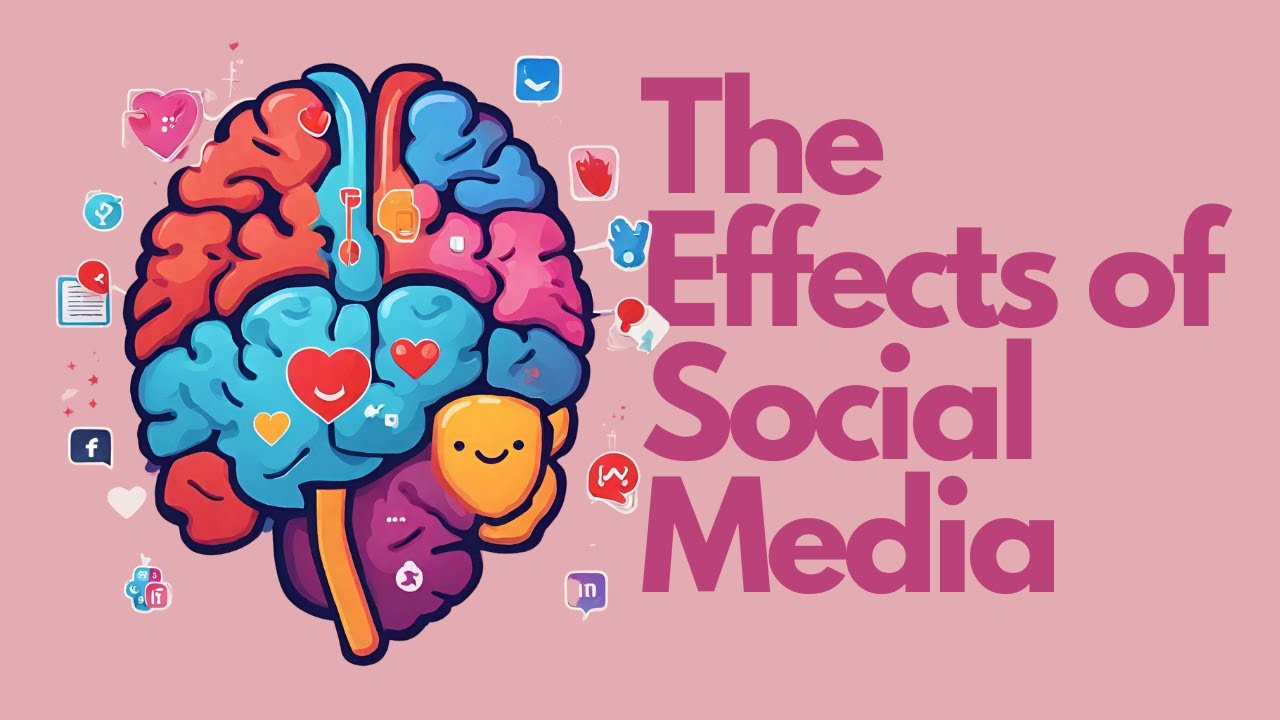Are You Different Than An Average Teen?
Summary
TLDRThis video explores the complex life of modern teenagers, examining their psychological development, independence, and the impact of technology on their mental health. It discusses how teens are navigating a world more competitive than their parents', spending significant time online and grappling with the challenges of adolescence. The script also touches on the potential effects of social media on their happiness and readiness for adulthood, offering insights into the traits shaping today's youth.
Takeaways
- 😔 Teenagers today face a more competitive world compared to their parents' generation.
- 🔮 Teenagers are developing a sense of independence but are still reliant on their parents for various needs.
- 🤔 The teenage brain is not fully developed, particularly in areas responsible for decision-making and risk assessment.
- 🏠 Teenagers often isolate themselves, seeking independence and constructing their own personal space.
- 📈 Teenagers are taking more risks as they grow, influenced by their evolving brain structure.
- 👥 Teenagers become more extroverted and focused on peer relationships during early high school years.
- ❤️ Hormonal changes lead to new emotional experiences, including romantic attachments and potential early relationships.
- 📱 A significant portion of teenagers' day is spent online, with social media, videos, and music being major activities.
- 🛍️ Online shopping is popular among teens, with a preference for buying clothes online rather than in-store.
- 🧐 The new generation of teenagers, termed iGens, may have poorer mental health compared to previous generations, according to some studies.
- 🌐 The rise in mental health issues among teens could be due to various factors, including increased awareness and earlier diagnosis.
- 🌳 The rate at which teenagers grow up is influenced by their perception of the environment, with less hostile environments leading to slower development.
Q & A
What is the typical psychological change observed in teenagers as they grow up?
-Teenagers often develop a streak of independence and may become more isolated, starting to frown and pull away from their parents. This is a natural part of human evolution as they become their own person.
How does the dependence of teenagers on their parents create conflict?
-Despite their fierce independence, teenagers are still reliant on their parents for basic needs such as food, shelter, education, and daily expenses, which can lead to conflicts as they try to assert their independence in practical matters.
Why do teenagers often withdraw into their own space?
-Teenagers withdraw to construct a world where they feel alone and independent, as they believe that only a few close friends truly understand their feelings and experiences.
How does the teenage brain differ from an adult's in terms of decision-making?
-The frontal lobes of a teenager's brain, responsible for decision-making and weighing potential consequences, are not yet fully developed. This can lead to risky behavior even among well-balanced teens.
What changes occur in teenagers' social behaviors during early high school years?
-Teenagers become more extroverted, establishing closer friendships within their peer groups rather than with their parents, and communication and interaction become very important to them.
How do hormones influence teenagers' emotional and romantic experiences?
-Hormones can lead teenagers to consider romantic attachments for the first time, often manifesting as harmless flirting online or crushes on celebrities, and sometimes leading to early romantic relationships.
What does the survey by Common Sense Media reveal about teenagers' daily online activities?
-Teenagers spend over a third of their day, or about nine hours, online using social media, watching videos, or listening to music, often multitasking while doing other activities.
Why do teens from lower-income backgrounds tend to use online media more often?
-The script does not provide a specific reason, but it notes that teens from lower-income backgrounds use online media more often on average compared to those from higher-income families.
What is the main concern regarding teenagers' online shopping habits according to the Piper Jaffray survey?
-Over 60% of teens prefer to buy clothes online rather than visiting a store and trying on the garments first, indicating a significant shift in shopping preferences.
How does psychologist Jean Twenge describe the mental health of modern teenagers compared to previous generations?
-Jean Twenge, in her book 'iGen', suggests that modern teenagers have a poorer state of mental health compared to previous generations, attributing this to the rise of new media causing anxiety, loneliness, and panic disorders.
What theory is mentioned in the script that could explain the slower rate of development in teenagers today?
-The Life history theory suggests that the rate at which teens grow up is directly correlated with the perceived hostility of their immediate environment, with less hostile environments leading to a slower rate of development.
Outlines

このセクションは有料ユーザー限定です。 アクセスするには、アップグレードをお願いします。
今すぐアップグレードMindmap

このセクションは有料ユーザー限定です。 アクセスするには、アップグレードをお願いします。
今すぐアップグレードKeywords

このセクションは有料ユーザー限定です。 アクセスするには、アップグレードをお願いします。
今すぐアップグレードHighlights

このセクションは有料ユーザー限定です。 アクセスするには、アップグレードをお願いします。
今すぐアップグレードTranscripts

このセクションは有料ユーザー限定です。 アクセスするには、アップグレードをお願いします。
今すぐアップグレード5.0 / 5 (0 votes)






